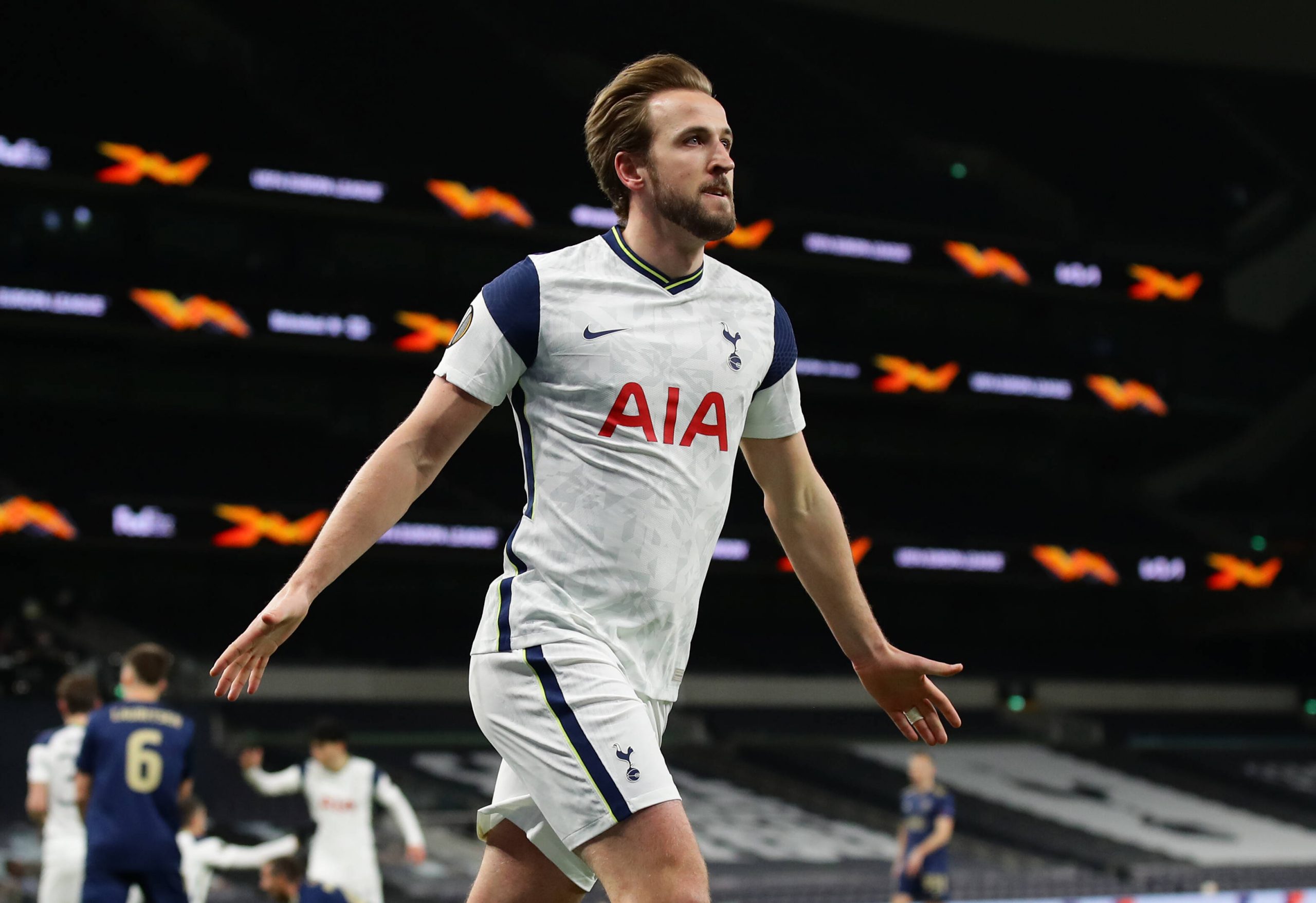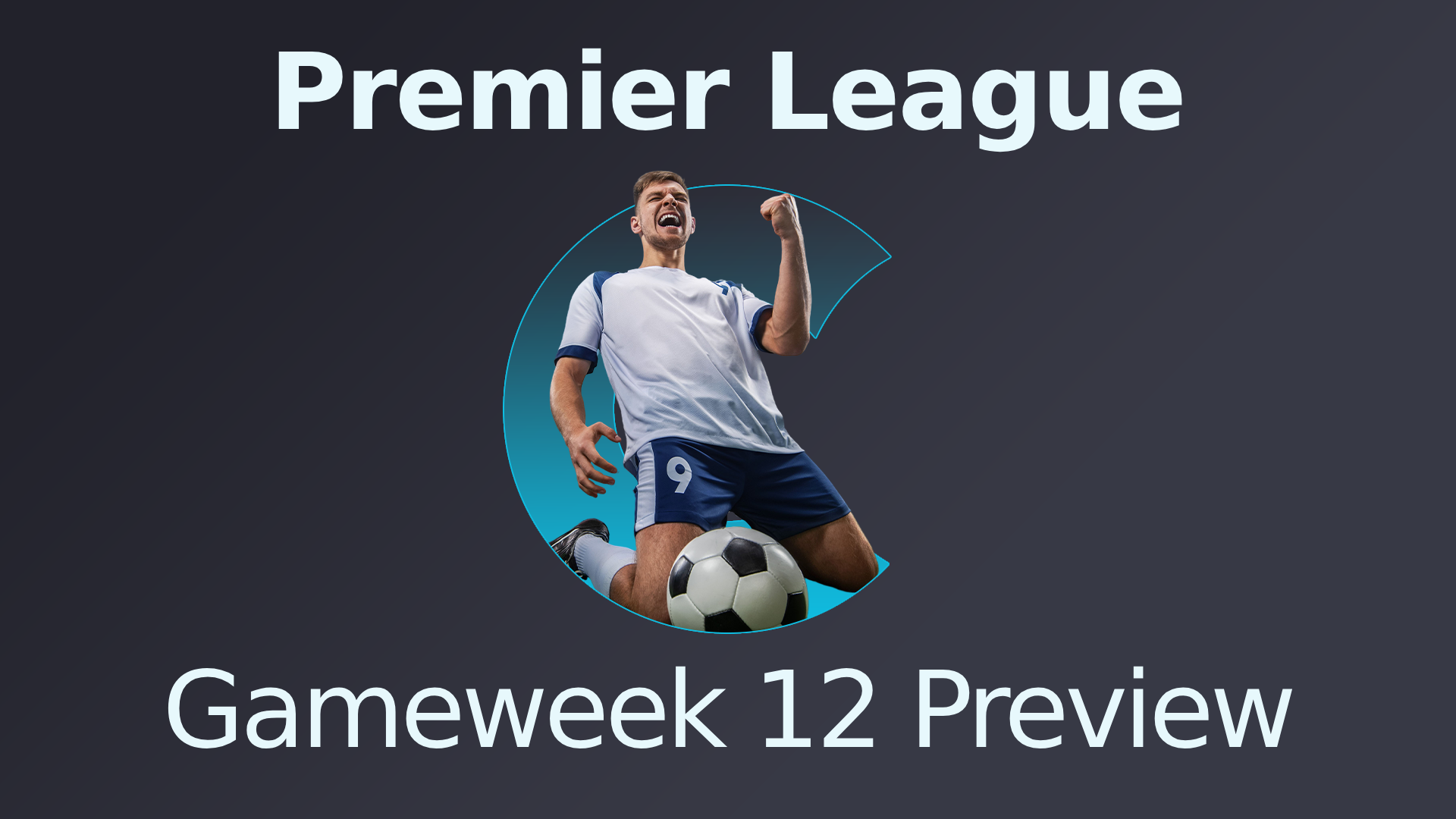Football has reached an almighty crossroads. The shock factor of the European Super League was immense, and although it was killed off after left than 48 hours by a unanimous backlash, it signalled that something huge will change soon. Financially speaking, the status quo of the beautiful game cannot continue; it is crumbling before our eyes.
The effects of the pandemic — which have been wide ranging — obviously cannot be denied. But growing commercialisation and inflated television deals have seen transfer fees run into overdrive. Neymar’s £200m move from Barcelona to Paris Saint-Germain was a seminal moment. Generally, the average cost of a player has been matched by its respective market; it has always been true that every player has a price, even at the very top. But the leap in value when the Brazilian made that switch four years ago distorted the market, arguably to a point which has now made certain players, or at least the notion of building a team of stars, unattainable for clubs without incredibly vast revenue streams or the funding of a state.
Harry Kane’s battle to get out of Tottenham Hotspur and move to Manchester City is proof that clubs may be regaining control in the power struggle with players over their destiny. Gradually, since the Bosman law, which allows players to move for free at the end of their contract came into effect in 1995, it has become a common belief that players have gained control.
But John Print, Head of Soccer at SprintMG, believes the notion of player power has always been over-exaggerated. As is the case with Kane, who is three years into a six-year contract, the length of a deal is key.
“By and large, player power in football is a myth,” he tells Compare.bet. “A player may be in a strong position once or twice in their career and a club may have to do things they don’t want to. But they often want fans to believe that a player is leaving, he is making a choice and they are not selling them. Players have an asset and a sell-on value, that is why they keep the contracts long. If the contract is negotiated incorrectly by an agent, the player loses any opportunity they’ve got to leave. If you sign a brand new contract, then you are giving ownership of their rights to the club.
“If a player signs without a release clause, that is their prerogative, or poor negotiation. But even with a release clause, it can depend on how it is worded.”
Mass spending sprees could well be a thing of the past, and the pool of teams who can attract players is shrinking. On Thursday, Manchester City confirmed the signing of Aston Villa captain Jack Grealish for £100m, and while talks are ongoing for a major bid for Kane, the likelihood is that City will need to sell some players to make that happen.
Jack Grealish to Manchester City, here we go! Paperworks signed tonight between Aston Villa and City. £100m final fee, contract also signed until June 2026. 🔵🏴 #MCFC
Grealish will undergo his medical in Manchester on Thursday morning in order to complete the record-deal. pic.twitter.com/JwVvEn5Ewl
— Fabrizio Romano (@FabrizioRomano) August 4, 2021
Grealish’s arrival was completely overshadowed by news of Lionel Messi’s Barcelona exit later the same evening. Speaking before both items broke, Print said that players are becoming too expensive for teams, and coronavirus has played a big part in that.
JUST IN: Lionel Messi agrees to join Paris Saint-Germain for some $41 million a year, AP reports https://t.co/NpCeL1qTaq pic.twitter.com/E06AXl8phQ
— Bloomberg (@business) August 10, 2021
“Manchester City are able to spend £100m on a player, but they’re going to struggle to buy two players of that value. Maybe they’ll have the funds available, but it is about getting around Financial Fair Play, they can’t be seen to be buying lots of players because there would be questions. Barcelona need to get rid of players before Messi can sign, so they are hampered by the pandemic. Nobody can afford Messi, that’s why nobody has come in for him. If the pandemic hadn’t happened, I’m sure he’d have been coveted by some of the teams who had the money, but that is not the case.
“The pool getting smaller is not just down to performances on the pitch and the football contract, but the endorsement contract and image rights too. For the top players, that makes up quite a big percentage of the contract and their headline value. That is a problem [for clubs]. If Messi leaves Barcelona, the amount of sponsorship money Barcelona receive will drop. Those endorsements they get are linked to the Barcelona brand, but also the Messi brand. If you take the Messi brand away, those contracts will drop. That is why Messi’s contract is so big.
“Someone like Mbappe’s age means he could play another season at PSG and maybe risk signing a new contract with them, as long as he gets a realistic release clause. He can ride out the pandemic. With Kane [28] time is not on his side; he needs to make his move either this year or next year. But the problem is, he’s got a long-term contract and his value isn’t going to drop, which has caused him a massive problem. Clubs are becoming stronger and they understand that.”
Sean Dyche on hearing about Man City's reported £160 million move for Harry Kane… pic.twitter.com/eckvjcLxpM
— Amazon Prime Video Sport (@primevideosport) July 28, 2021
Streamlining the viable market will only increase the top players’ value, which is a driving factor in why football could turn to a model similar to the NBA, according to Print, where clubs go all out for a “franchise player”. Even some of the very biggest clubs in the world, like Juventus, Barcelona and AC Milan, cannot compete financially anymore, especially with television money pouring into the Premier League.
“There are very few players who can improve the top teams and that is why they are so valuable. Liverpool, Manchester United, Chelsea are all in effect after the same players, so the market drives their value higher. Liverpool are unlikely to sign more than one or two players this summer, just like last year. They are more focused on re-signing their current squad because they don’t want the risk of them leaving.
“The world-class players will continue to command fees because of their marketing and commercial side. Will PSG be able to have Neymar and Mbappe in the same team in the future? Will they be able to afford that? I don’t think so. I think we’ll see something like the NBA model, where you have one “franchise” player. To get more than one, forget salary caps, is not financially viable. It isn’t just the transfer fees that are responsible, but the salaries. I wouldn’t say this is down to football; it is the commerciality.”
Clubs are struggling to match the value of the best players, and that cannot be good for the game. This transfer window has been a look into the future, where most clubs are waiting for the biggest to act before the impact on the market trickles down the pyramid.
More likely, though, is that the distortion between leagues, rather than teams within them, becomes more profound. While clubs in Italy and Spain struggle for cash, the Premier League is only getting richer.
“If the TV money keeps increasing, then it may not be unrealistic for Premier League teams to have their own franchise player,” Print concludes. “If most teams can only afford one or two, then they’ve got to go somewhere.”







